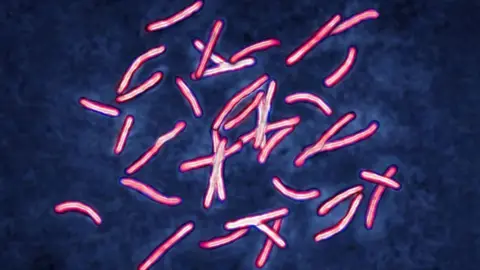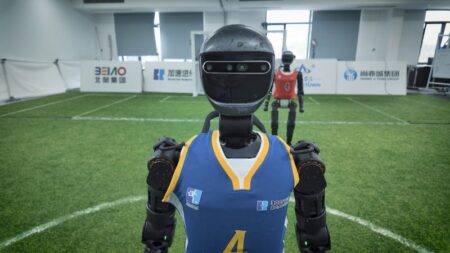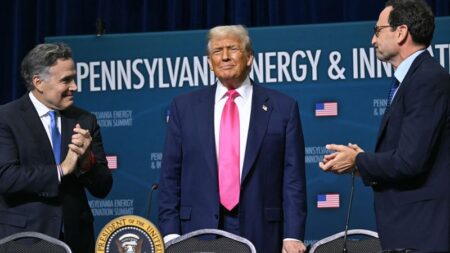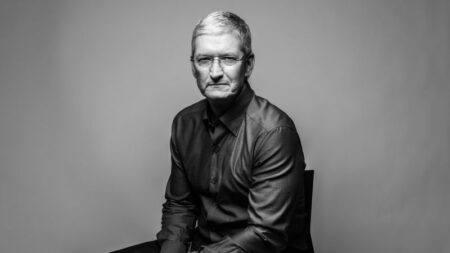In a remarkable scientific development, a complex issue that had stumped microbiologists for more than a decade has been resolved in just two days by a new artificial intelligence (AI) tool. This breakthrough has significant implications for understanding superbugs—microorganisms that are resistant to conventional antibiotics. The breakthrough was spearheaded by Professor José R. Penadés and his dedicated team at Imperial College London, who had been investigating the reasons behind the immunity of certain superbugs to antibiotic treatment.
Historically, Professor Penadés and his researchers had invested countless hours into comprehending the mechanisms by which these superbugs exist and thrive. Their intensive research journey involved the exploration and documentation of the unique traits that allowed these dangerous germs to develop into formidable adversaries for health professionals treating infections. Yet, in a surprising turn of events, what took them years to analyze was resolved by Google’s AI tool, referred to as “co-scientist,” after only 48 hours of inputting a direct inquiry about the complex challenge at hand.
Upon discovering the AI’s conclusions, Professor Penadés expressed disbelief. Despite having conducted research that had not yet been published or publicly disseminated, the AI tool arrived at a correct hypothesis mirroring the research team’s findings. This unexpected parity between Professor Penadés’s profound work and the AI’s output led him to question whether his computer had somehow been accessed by Google’s algorithms. Fortunately, Google clarified that no such access had taken place, further heightening the intrigue surrounding the AI’s capabilities.
Over the years, the breadth of the research reflected in the scientists’ tenacity included various stages of hypothesis testing and validation. Had they possessed the insights achieved by the AI at the project’s inception, they believed it would have drastically reduced their timeline, saving them years of rigorous work. It was particularly validating for the team when the AI not only replicated their primary hypothesis but also generated additional insights, some of which had never been considered by the researchers.
The team focused on understanding how certain superbugs form, theorizing that they can create a “tail” using elements from different viruses, thus facilitating their transmission among different host species. Professor Penadés likened this phenomenon to having unique “keys,” which enable superbugs to migrate effectively from one host organism to another without encountering significant hindrance. This originality of thought was pivotal because it had remained confined to this particular research group, marking the hypotheses as proprietary and uniquely insightful.
After only two days of investigation, Google’s AI tool confirmed the team’s theories, suggesting that the structural changes corresponding to the tails were indeed as they had postulated. This coincidence of thought, whereby AI could evaluate and arrive at the same conclusions augmenting the scientists’ hypotheses, caught the attention of the scientific community.
The growing impact of AI technology on scientific research is a contentious topic, evoking both excitement and trepidation. Proponents assert that it has the potential to catalyze unprecedented advancements in various fields, while critics express valid concerns about job displacement and the role of human researchers. Reflecting on these dual perspectives, Professor Penadés acknowledged the impulse to worry about the implications for employment but underscored the transformative potential of AI as a powerful research tool rather than a mere job replacer.
He confidently claimed that the technology they encountered would undoubtedly alter the scientific landscape, emphasizing the significance of harnessing such innovations for the greater good of scientific discovery. With a fervent enthusiasm, he compared the experience of collaborating with AI to playing in a high-stakes match, underscoring the thrilling nature of participating in something groundbreaking that promises to reshape our understanding of science and its applications in healthcare.











